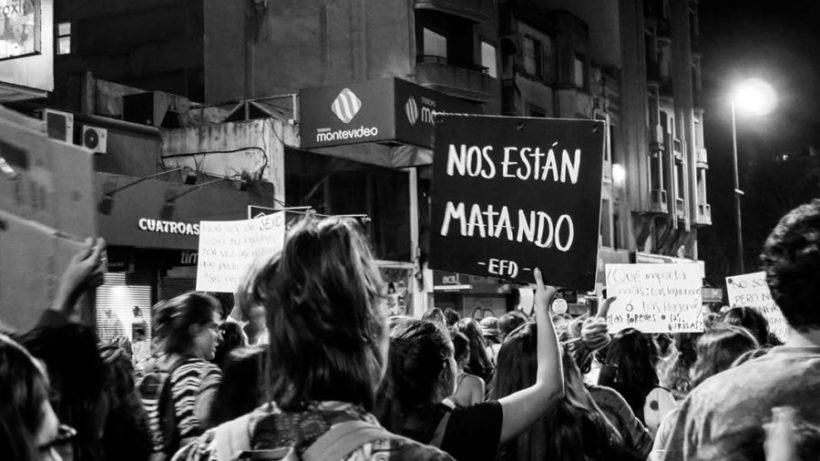Colombia has been living with one of the longest armed conflicts in the world. A peace agreement to end the more than 50-year-old armed civil war was signed in Havana, Cuba, in 2016 between Colombia’s Military Forces and the insurgent group, The Revolutionary Armed Forces of Colombia (People’s Army or FARC). Despite this historic event, violence continues in the country relentlessly.
According to the last report of the Institute for Development and Peace Studies (INDEPAZ), at least 22 social leaders and human rights activists have been murdered in 2022 and 1303 since the peace accord was signed. Additionally, the United Nations Coordination for Humanitarian Affairs (OCHA) released a report showing that 72.300 people were internally displaced in 2021.
With such shocking figures, it is with great pain that we have to admit, Colombia is not a country at peace. Sadly, peace is not good news, it is a bad business for the ones who benefit from war. Who is responsible for the unacceptable deaths of more than 970 social leaders assassinated during the last four years? The heirs of the FARC, the ELN, the “Self-Defense Forces of Colombia” (AGC), the “Gulf Clan” or the so-called “Black Eagles.”
What is the frightening crime that these human beings (trade unionists, human rights defenders, afro-descendants, land defenders, indigenous people, and peasants) have committed so that they are threatened and killed without any type of control? Opposing illegal mining, going against illicit crops, defending human rights, and denouncing corruption are the “crimes” they have been accused of by armed groups.
President Iván Duque and his government that claims to be tirelessly working to implement the peace agreement are failing to protect activists and human rights, defenders. Almost in complicit silence, we see how day after day a social leader is murdered without much action from the government.
Human rights defender Luz Marina Arteaga was murdered on January 17 after she had been missing for five days. She had protection measures from the National Protection Unit (UNP) since April 2019. Amnesty International has reported previously on the failed prevention and protection policies of the government for the protection of human rights defenders in Colombia.
The same organization highlighted that Colombia continues to be the most dangerous country for human rights defenders in Latin America, and in recent years, Front Line Defenders and Global Witness have consistently ranked Colombia as the world’s most dangerous country for human rights defenders in the world.
Despite these international alerts and the alarming figures, the government of Colombia doesn’t show a strong commitment to protecting those aiming to build a country in peace and protect human rights. How many deaths are they waiting to see in order to take action?
Angelo Cardona is a Colombian social entrepreneur, peace and human rights activist. He is representative of Latin America to the International Peace Bureau. Co-founder and President of the Ibero-American Alliance for Peace and peace ambassador of the Global Peace Chain










